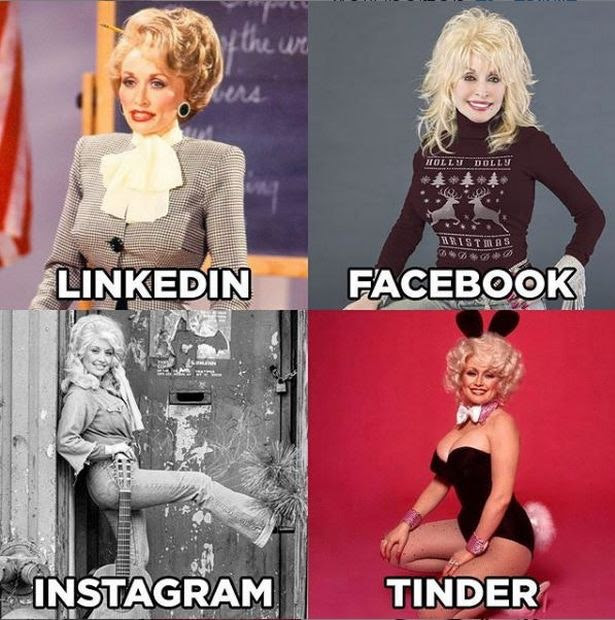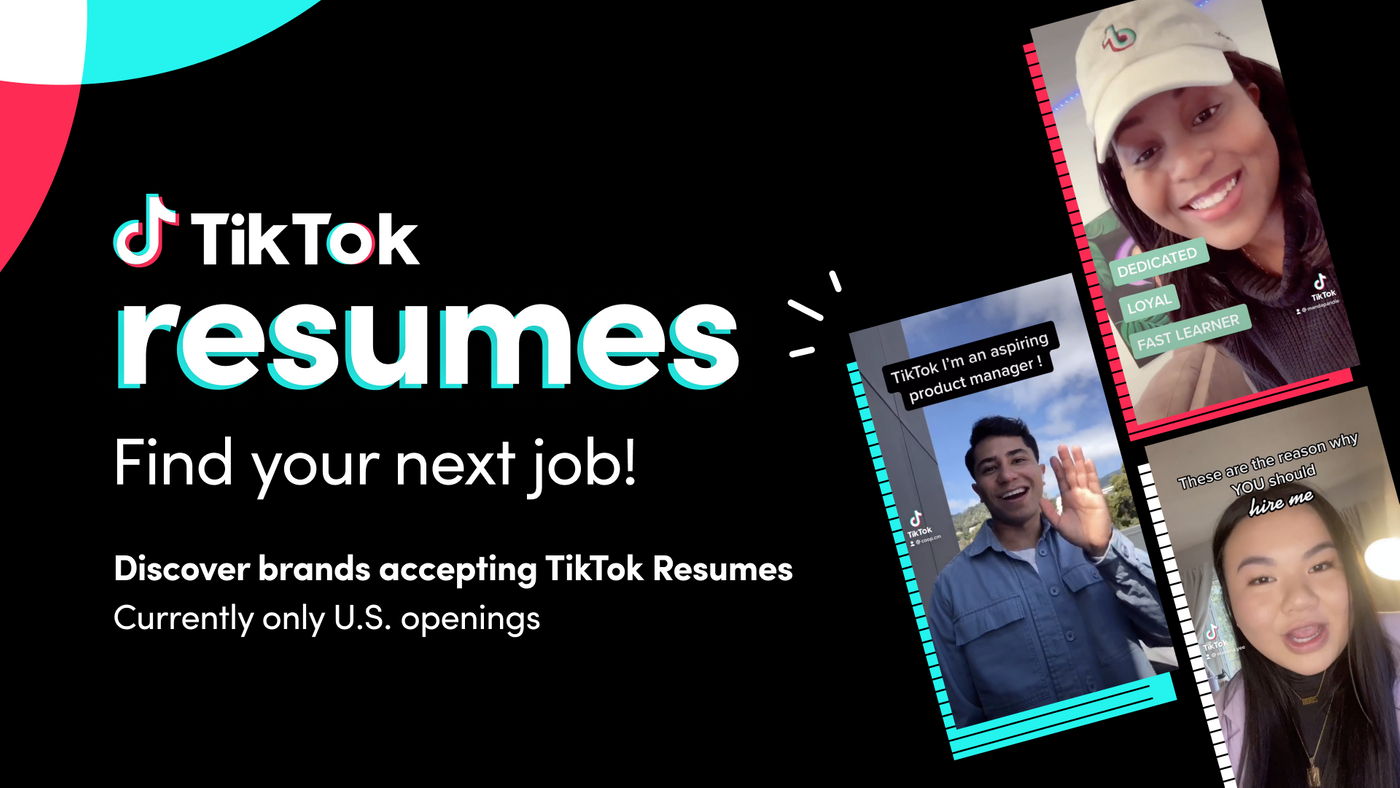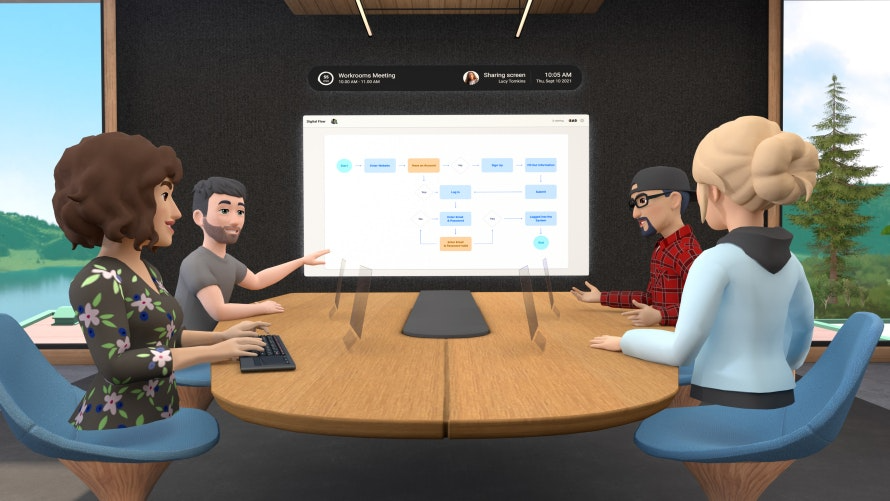
connect the dots.
Back to the Future: Myspace and Gen Z Digital Identity
On January 21, 2020, Dolly Parton posted a four-panel image to her Instagram with the caption: "Make you a woman who can do it all." Dolly Parton The Dolly Parton Challenge was born.

The challenge went viral (the post remains Parton's most popular photo), and other celebrities joined in. Ellen DeGeneres released her version of the challenge. Oprah and Sylvester Stallone are close behind. Even Doug the pug was having a good time.
The interesting thing about the Dolly Parton Challenge is that it conveys: We all have different identities on the internet.
The different identities are orthogonal to Mark Zuckerberg's original concept of social media. David Kirkpatrick writes in The Facebook Effect:
"You only have one identity," he emphasized three times in just one minute in a 2009 interview. He recalled that in the early years of Facebook, some people believed that there should be a "job description" and "hobbies" for adult users, and Zuckerberg opposed such a division from beginning to end. "You have different faces -- one face to a friend or co-worker at work and another face to other people you know in your life ... it's almost over," he said.
He cites several reasons. "For a person to have dual identities is dishonest." Zuckerberg defended morally, but he was also pragmatic, saying: "The level of transparency in the world today will no longer allow a person to have dual identities. Identity." In other words, even if you wanted to separate your personal and professional life, you couldn't because information about you was spreading on the Internet and everywhere else.
Zuckerberg's belief in a single identity led him to demand that his real name be used on Facebook. In the late 1990s and early 2000s, online identities were anonymous: on AOL Instant Messenger, you were soccergirl7 or doglover42. By mandating the use of real names, Facebook suppresses self-expression.
Facebook's standardization runs counter to Myspace's customizability. In the words of Myspace CTO Dmitry Shapiro:
When you go to a bar, you don't wear a blue and white uniform -- a "Facebook uniform." You will wear all kinds of amazing things to stand out. You will want to be completely different from everyone else. That's the real value of Myspace. When people talk about missing Myspace, they miss being able to customize their profile.
Myspace is a color, style and font collage. You've painstakingly crafted your profile, from wallpaper to autoplaying music. Before Facebook did away with personalization, Myspace gave users a place to be creative and express themselves.
Today's Gen Zers are embracing two new principles of digital identity: customizability and consistency. Customizability reclaims Myspace's self-expression. Digital natives gravitate toward products that make them stand out online, rejecting Facebook's blue-and-white standards.
For example, Scout is building 3D virtual rooms that users can fully customize and manage in the browser. Scout founder Zack Hargett calls Scout "the Myspace of the Roblox generation."
Young people spend hours a day immersed in digital experiences: Active Roblox users spend an average of 2.6 hours a day on Roblox. In last week's Q2 earnings report, Roblox announced that the platform is becoming less centralized: "In the second quarter of last year, 50% to 80% of Roblox traffic came from the top 10 experiences. That number is now 37%."
Digital natives are being trained to customize rich, complex virtual worlds. For example, Scapin' allows anyone to create custom virtual spaces to hang out with friends or strangers. In some ways, it's Roblox for adults. Other startups, like Dreamworld and Manticore Games , are blurring the lines between sandbox games, social networking and custom virtual spaces.
The return of customizability collides with new tools that allow people to better personalize their digital identities. Companies like Figma, Canva, and Kapwing provide accessible products that allow anyone to use software for self-expression. Content platforms like TikTok embed creator tools into apps. Adobe Premiere expertise is no longer required, and you can create professional-grade content with mobile editing tools and special effects. Gen Z rejects the boring, restricted online identities encouraged by older social platforms in favor of more personal forms of online expression.
Another key component of Gen Z digital identity is consistency. The Dolly Parton Challenge marked how older generations—Millennials, Gen X, Baby Boomers—have been taught to behave differently on different platforms. On LinkedIn, you're professional; on Facebook, you're family; on Instagram, you're stylish; on Tinder, you're sexy. For Gen Z, online identity is consistent across platforms; authenticity and self-expression are paramount, not platform-dependent.
Take LinkedIn for example. Gen Z see LinkedIn as an intimidating, isolated place for older internet users to brag. Some Gen Z even posted sarcastic LinkedIn posts that made people laugh. They are proud to announce their new job at Krusty Krab Restaurant, a "prestigious establishment" that will "open a new chapter in [their] lives". Or they announce their new identity as CEO of a multi-billion dollar company.
These posts exemplify Gen Z’s exhaustion of social media status and influence. Digital natives would rather have a single consistent identity across platforms. Zuckerberg is right, "The days when you have a different image of your work friend or co-worker and someone else you know may soon be over." And he's right, "The level of transparency in the world right now doesn't support it. One person has two identities." He was only 10 years earlier.
New startups are building Gen Z platforms. Polywork , for example, is Gen Z's LinkedIn—a hybrid social and professional network that's less intimidating and more authentic. It's a single destination to showcase your personality and professional identity.
This builds on the recent trend of “TikTok resumes” — young people seeking jobs through short, expressive videos about their skills and work experience. At first, the practice was informal and user-driven, but TikTok has now formalized the feature.

New startups let young people build consistent, personalized identities on the internet. Linktree is the leading personal resume linking site with 12 million users, providing a connective organization for digital identity. Universe is a mobile-first website builder that lets you create a personal website with just your smartphone. Founded by a former Myspace CTO, Koji lets you start your own website by assembling Lego-like pieces.
The next generation of internet users requires customizable and consistent digital identities—a reaction to the unified, boring, and inconsistent identities of the past decade. Companies supporting the next era of online expression will embrace the creativity, self-expression and unabashed authenticity of Gen Z.
final thoughts
It's easy to forget how quickly and dramatically the digital generation has moved online. Year 12 students in 2015 have gone out less than year 8 students in 2009. Young people are surfing the Internet in their bedrooms; cycling in the neighborhood is replaced by Fortnite, and going to the mall is replaced by Snapchat. This shift has obvious negative consequences. Social psychologist Jean Twenge wrote: "Over the next decade, we may see more adults who know only the right emoji for a situation, but not the right one. Facial expressions.” (In the next decade, we may see more adults who know just the right emoji for a situation, but not the right facial expression.) But it’s also inevitable.
Self-expression is just as important in digital migration: 73% of Gen Z believe they need more self-expression to lead a happy, healthy life. But that expression now needs to be put online. Young people may still wear wacky clothes to school to revolt, but they'll also curate the virtual outfits their avatars wear online. Young people may still put posters and photos on their bedroom walls, but they also decorate their own virtual “rooms” for friends to visit — just as millennials do on Myspace.
Last week, Facebook announced Horizon Workrooms, its virtual reality product for workplace collaboration.

When today's youth dominate the workforce—and they will in a decade—these avatars and virtual offices will be personal, expressive and unique. Personality permeates the professional world, and in the digital realm of work and social, you're all "you". TikTok creator Noah Beck, who has 30 million followers, said recently: “If you look at the most successful people on TikTok, they are doing things that relate to themselves. They are never perfect. They are forever It doesn't exist perfectly." (If you look at the most successful people on TikTok, they do relatable things. They'll never be perfect. They'll never show a perfect existence.)
Digital identities are no longer isolated personalities, disjointed behaviors, clear boundaries between work and play. For those who have lived their entire lives on the Internet—and will spend more and more of their time in virtual worlds in the coming decades—online identities are an unpolished extension of offline identities. It's something that is consistent and authentic, and carefully tailored to maximize self-expression.
Original link: Back to the Future: Myspace and Gen Z Digital Identity
Like my work?
Don't forget to support or like, so I know you are with me..
Comment…